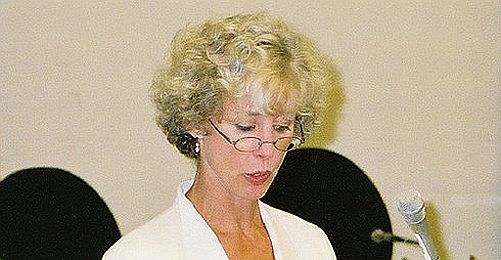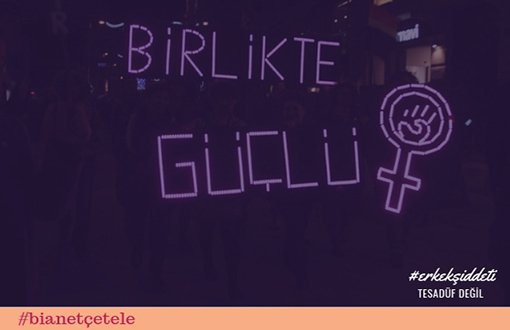
Woodward is a professor of political science at the City University of New York and she in the past she worked for the UN Peacekeeping Force and as advisor to OSCE mission to Bosnia.
Are there similarities between the ethnic problems which eventually caused dissolution of Yugoslavia and those experienced in Turkey now?
Yugoslavia was a one-party state when it went into the process of dissolution. Multi-party states have different ways of dealing with conflict -I'm not saying that this is always better.
There's a political party which represents Kurds in Turkey. This situation differs from what had taken place in Yugoslavia. It's not right when governments think that they can make little compromises and then take those back -this is what the Justice and Development Party (AKP) did a little while back. We thought that there was a change in AKP's policies a few years ago, but that did not prove to be case.
In Turkey, Islamic parties evolved to rise to power, each time set back with military interventions. AKP took the power with Recep Tayyip Erdoğan and succeeded. This may be due to its conviction in a military strategy to counter the Kurdish issue.
Another issue is that Turkey was the first to acknowledge the independence of Kosovo, but failed to do the same in Kurdistan and the Caucasus. In other words, its approach is different in domestic and international politics.
How do you evaluate Turkey's current policies towards Syria and the issue of establishing a humanitarian corridor?
We can't evaluate the interventions to conflicts as the decision of the international community, because it's the governments that decide on this.
During the 1980s, before Yugıslavia's dissolution, Germany began supporting Croatia. Turkey was also involved. But the interventions were not in line with what people wanted. With the conflict in Syria, an international intervention is on the table. Such a move could worsen the situation there.
When the US army entered Bosnia, Bosnians were asking the soldiers "Didn't you come to protect us?" but they weren't; they were there to protect the aid sent there. This resulted in more bombings and destruction.
Two weeks ago, Turkey said that there's a need for a humanitarian corridor into Syria. This is the same thing as the previous example. Everyone that I talked to in New York is sure that this is the way to war. If you are to establish a humanitarian corridor, you must send in the army. If you send in an army, this is war. Erdoğan and Davutoğlu must know that.
How does the developments in the Middle East affect the Kurdish issue?
As I wrote in my book, "Balkan Tragedy", if there's a national system of autonomy and independence is to be given according to these autonomous regions, there's different ethnicities in each region. For example there were Serbs in Bosnia, Kosovo or Croatia. But the borders in Yugoslavia were not drawn in accordance with these nations. Europe insisted on keeping the borders as it is. I supported in new borders. Because if the Croats had the right to govern themselves, Serbs and others should have this right too.
Us gave autonomy to Kurds after the first Gulf War. After 2003, they gained more autonomy, they had oil. Regarding the people on each side of the border, my thesis is the same and many believe that a Kurdish state can be established consisting of Northern Iraq, southeastern Turkey and maybe some part of Syria. The problem is the way to do this, how to draw the borders. (ÇT/EÜ)







.jpg)

